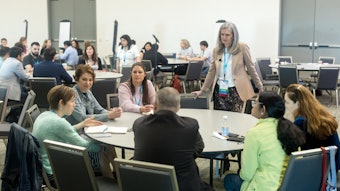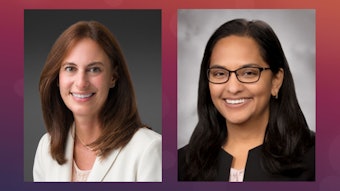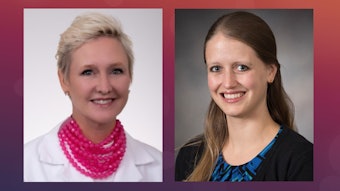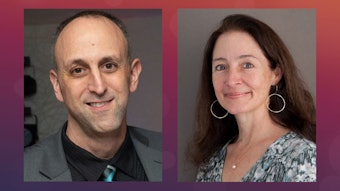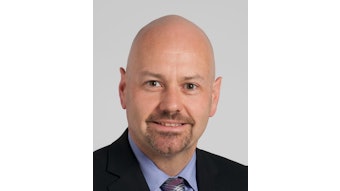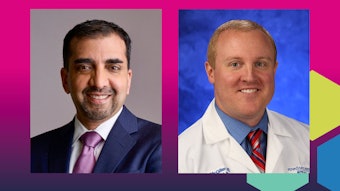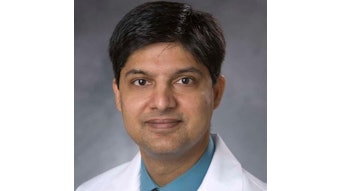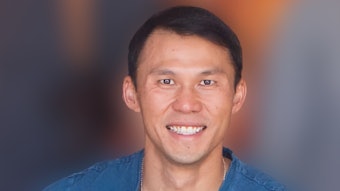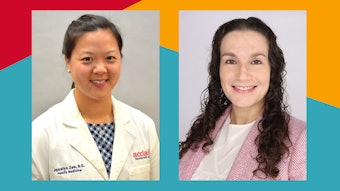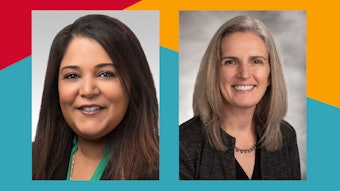Taking charge of perioperative care
The role of the hospitalist in the surgical process has changed in recent years.
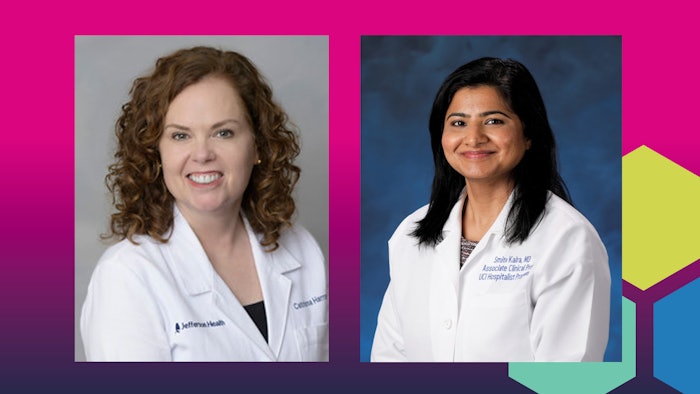
It used to be that when a patient was hospitalized for surgery, their primary care physician would oversee their journey through whatever procedure they were undergoing. But that model is changing, and hospitalists are being asked to take on a bigger role in perioperative care.
“Perioperative care is becoming a core competency for hospitalists,” said Catriona Harrop, MD, FACP, SFHM, senior vice president of Jefferson Medical Group in Philadelphia. “This is a natural progression of hospital medicine because we see them after surgery. They’re often on our services or we’re co-managing these patients, so it really becomes critical for us to be a part of the process.”
With this changing environment comes a new set of skills that every hospitalist should have to meet the challenges of perioperative care. Smita Kalra, MD, FACP, SFHM, associate clinical professor of medicine at University of California Irvine School of Medicine, said one of those key skills is communication.
“As hospitalists we are used to (communicating), but it becomes more and more important in the perioperative setting where you’re not just communicating with the patient but communicating with anesthesia and communicating with the surgeon,” she said. “So the whole art of having excellent communication skills and just being available is important. The fact that we wear different hats from pre-operative to post-operative care requires that we build a whole skill set to handle complexity of care transition.”
Drs. Harrop and Kalra will lead a discussion of what hospitalists need to know about perioperative care in Friday’s Advanced Learning Course, “Perioperative Essentials for the Hospitalist.”
Dr. Harrop said perioperative care involves a multidisciplinary team-based approach that hospitalists are already used to.
“We do it on a day-to-day basis. We work with surgeons, we work with the ER and we work with lots of other clinicians on a daily basis in a team format. I think that’s one of the things that makes hospitalists so well-suited to care for these patients,” she said.
Another key component of perioperative care is risk assessment and management. As the general population begins to age and face more medical issues, those are the patients that are being scheduled for surgeries more often, Dr. Harrop said. That, in turn, means a greater emphasis on risk assessment, and management is required.
“As medicine has advanced and our population has aged, (hospitalists) are becoming more comfortable taking those patients to the operating room,” she said. “Understanding the concept that surgery is a stress on the body involves really being able to look at a patient and make an assessment of how well we think they will do. That’s an important part of the shared decision making that should be part of any surgical discussion.”
Dr. Kalra said that even the language around those discussions is beginning to change in ways that are being led by hospitalists.
“One of the key phrases surgeons use is, ‘is the patient cleared?’ We don’t use that anymore,” she explained. “We do a risk assessment and risk management to make sure the patient is well-optimized for the surgery, knowing that the risk is never going to be zero.”
Ultimately, Dr. Kalra said these are the skills and tools that will have the biggest impact when it comes to managing patients with the most complex conditions.
“These are the conditions that are associated with the highest length of stay, the highest mortality and morbidity,” she said. “These patients are higher on the watch list for surgeons and for us as hospitalists. We need to be thinking about how their medical conditions interplay with the surgical risks and then make a management decision aligned with anticipated complications in our mind.”
Visit SHM Meeting News Central for more coverage.
